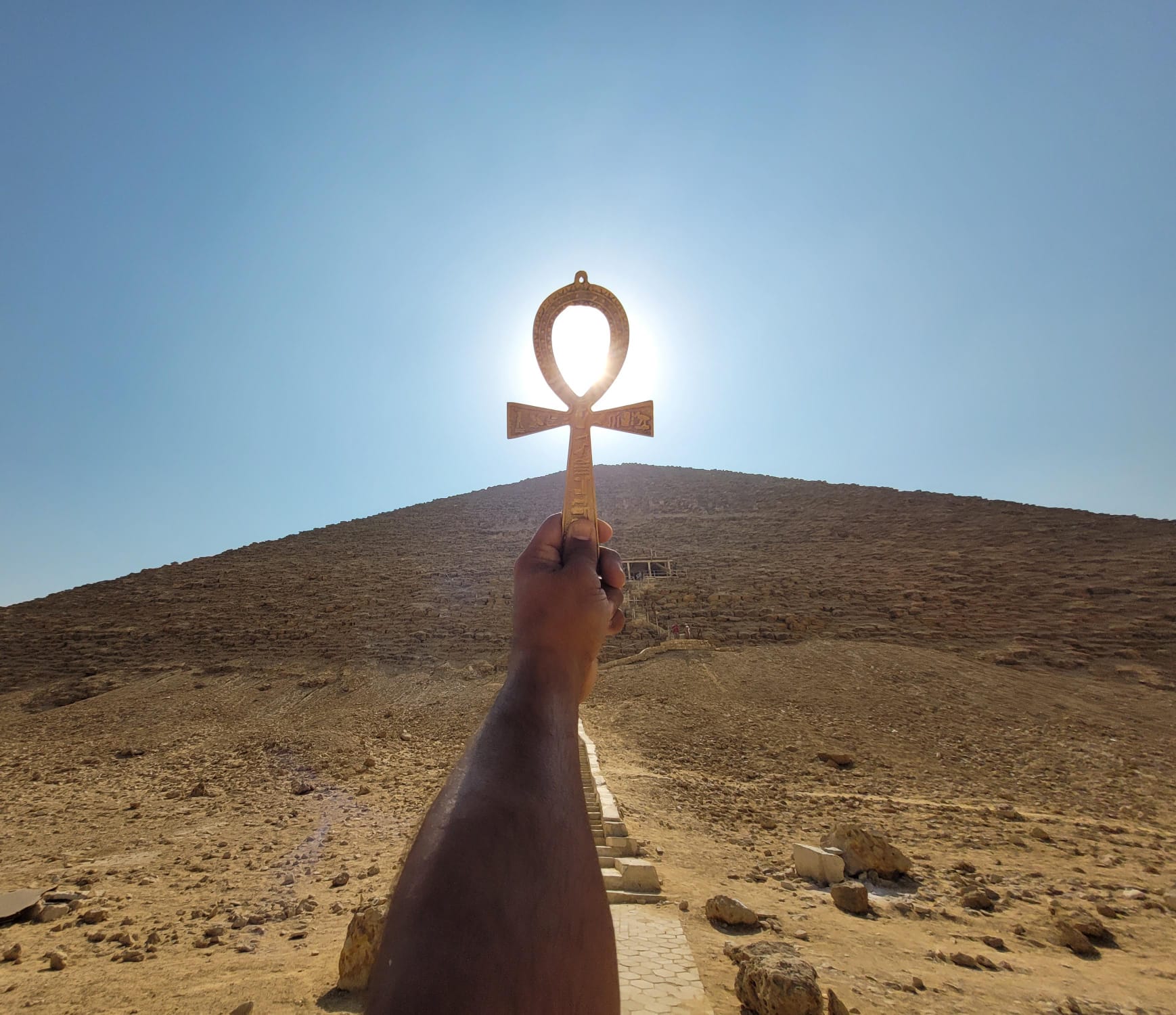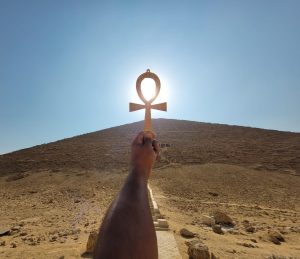
13 May The Evolving Essence of Fokai: A Linguistic and Cultural Journey
 The word “fokai” encapsulates a fascinating journey through the Chamorro language, reflecting significant cultural shifts and evolving meanings over time. This exploration is enriched by the insights of Pale Eric Forbes, a renowned historian and religious figure deeply rooted in the cultural heritage of Guam. Forbes’ analysis sheds light on the dynamic nature of language and how it can capture the essence of a community’s evolving spirit.
The word “fokai” encapsulates a fascinating journey through the Chamorro language, reflecting significant cultural shifts and evolving meanings over time. This exploration is enriched by the insights of Pale Eric Forbes, a renowned historian and religious figure deeply rooted in the cultural heritage of Guam. Forbes’ analysis sheds light on the dynamic nature of language and how it can capture the essence of a community’s evolving spirit.
The Original Significance of Fokai
 “Fokai” originally held a benign, even communal connotation among the Chamorro people. As detailed by Forbes, historical uses of “fokai” signified the act of distribution or partitioning, a practice rooted in communal activities like the sharing of a fishing catch among villagers. This meaning, as preserved in older Chamorro dictionaries and supported by anecdotal historical evidence, illustrated a culture that valued generosity and equitable distribution.
“Fokai” originally held a benign, even communal connotation among the Chamorro people. As detailed by Forbes, historical uses of “fokai” signified the act of distribution or partitioning, a practice rooted in communal activities like the sharing of a fishing catch among villagers. This meaning, as preserved in older Chamorro dictionaries and supported by anecdotal historical evidence, illustrated a culture that valued generosity and equitable distribution.
Transformation Through Generations
Over the decades, the meaning of “fokai” experienced a gradual transformation, reflecting changes within the society itself. The word began to assume a more aggressive interpretation, moving from a sense of distribution to the notion of tearing apart or demolishing. This shift perhaps mirrored broader societal changes, where traditional communal bonds might have weakened, giving way to more individualistic interpretations.
The Influence of External Languages
The Americanization of Guam, particularly post-World War II, brought with it a significant influence of the English language, which impacted not just the vocabulary but the semantic layers of Chamorro. Forbes speculates that the phonetic resemblance of “fokai” to an English obscenity may have further tainted its perception, embedding a sense of impoliteness and negativity among younger, more Americanized generations.
A Modern Reclamation
In the late 20th century, the word “fokai” began to resonate with a renewed, empowering essence, largely influenced by the cultural and personal values of Roman Dela Cruz. As a dedicated waterman with a deep love for the ocean and an advocate for water safety, Dela Cruz naturally embodied the resilient spirit of the Chamorro people. His approach to “fokai” was not about personal acclaim but a reflection of his pride in and gratitude towards his Chamorro heritage. Through his endeavors, “fokai” came to symbolize a collective strength and perseverance, echoing the enduring spirit of the community.
Community and Controversy
Despite these efforts to rehabilitate and redefine “fokai,” the community remains divided. Some older Chamorros recall and respect the original, communal meaning of the word, while others may never detach it from its more aggressive interpretations. Meanwhile, Dela Cruz’s spiritualized revival of “fokai” continues to gain traction, particularly among the youth and those engaged with his brand, illustrating the ongoing negotiation within the community over the meaning of words.

The Power of Language in Cultural Identity
The journey of “fokai” exemplifies the powerful role language plays in cultural identity and community dynamics. It reflects the tensions between tradition and modernity, the local and the global, and highlights how language evolves in response to changing social, economic, and political landscapes.
Pale Eric Forbes’ reflection on “fokai” not only provides a linguistic analysis but also offers a profound commentary on the resilience of cultural identity in the face of external influences and internal changes. It’s a compelling reminder that the meanings of words are never fixed but are continually reshaped by the people who use them, reflecting the ever-changing narratives of their lives and communities.

